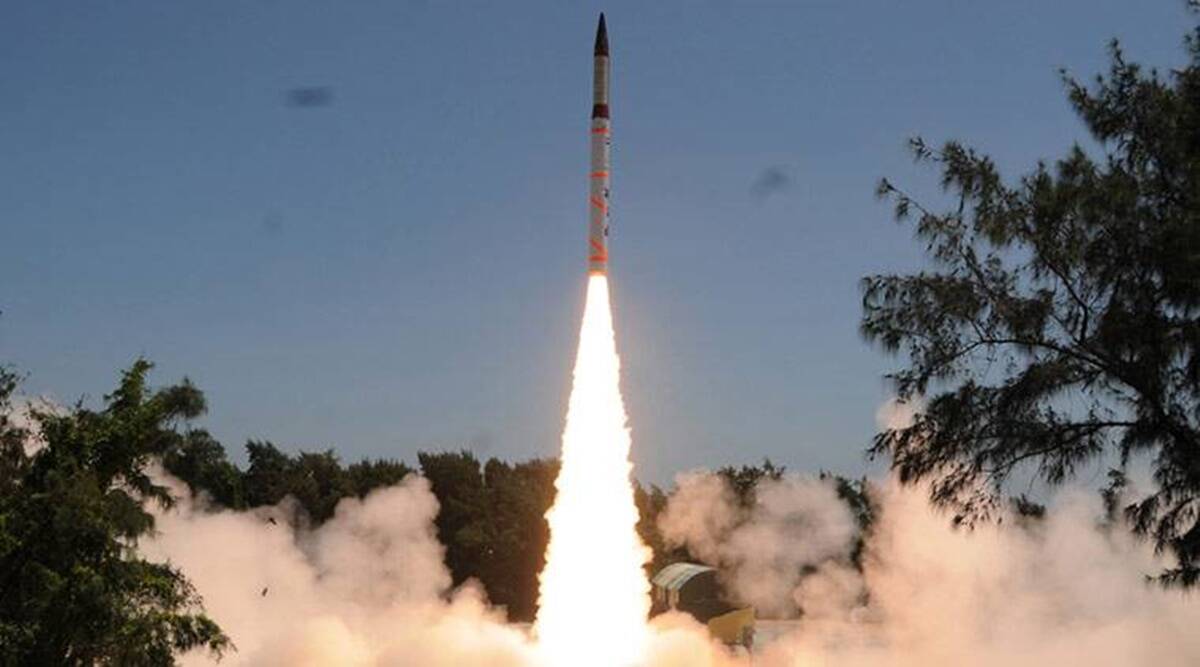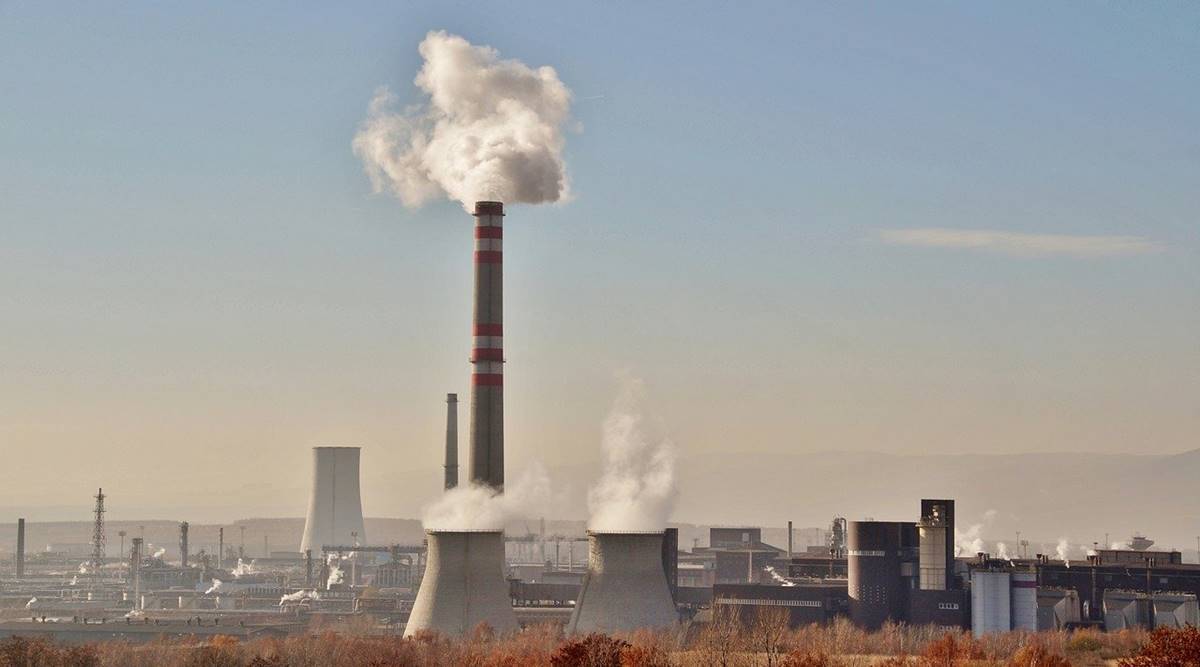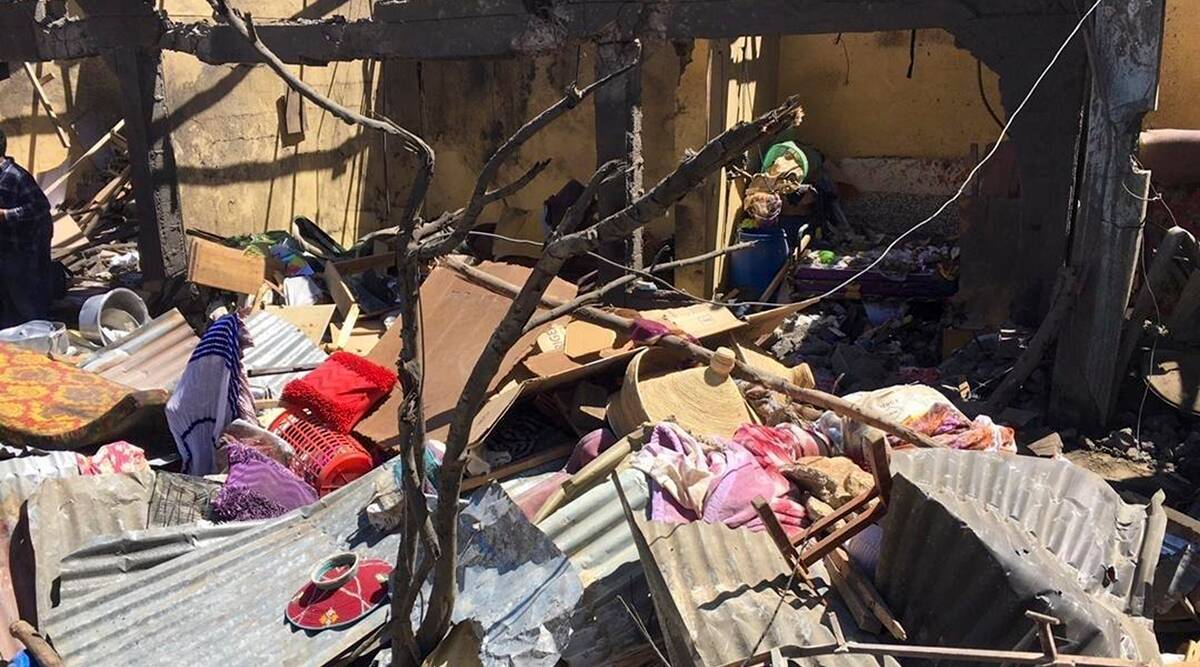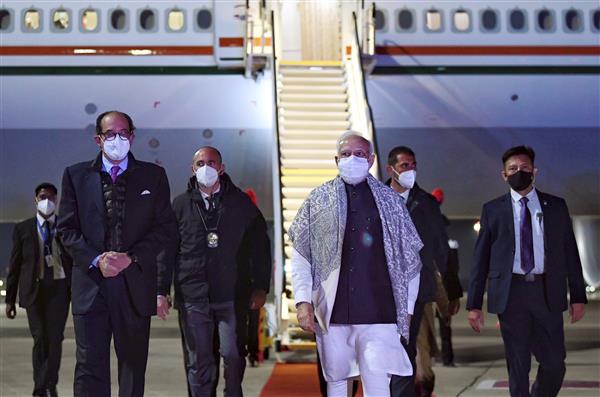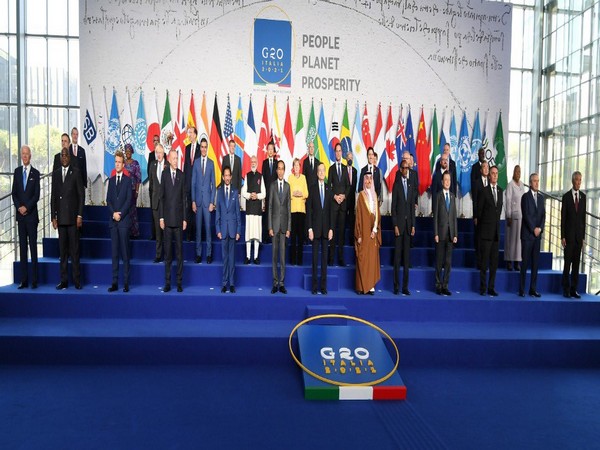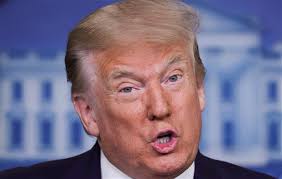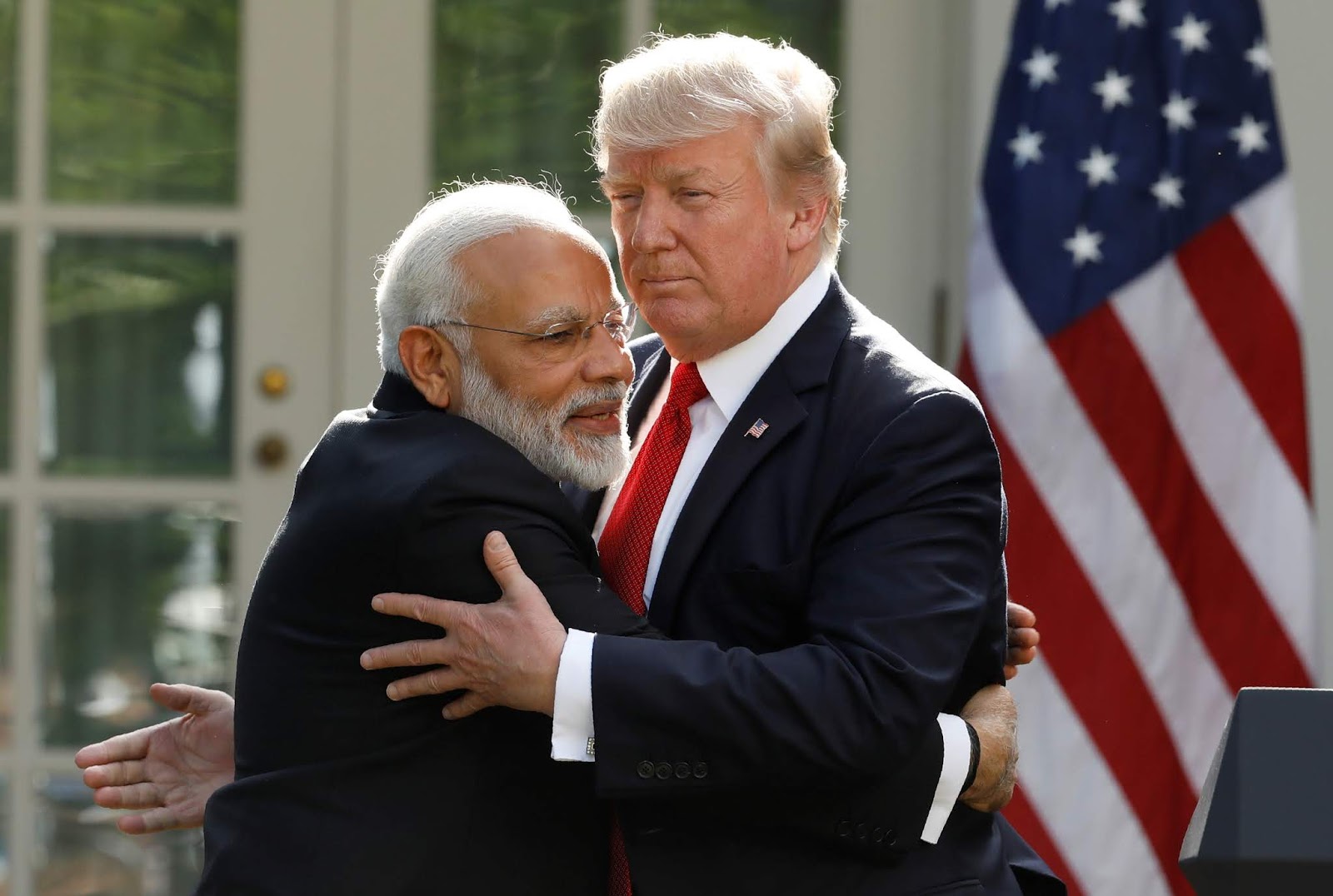
02/13/2025
Washington, Feb. 13: With Donald Trump returning to the White House, trade policy is back in the spotlight. Trump has famously called tariffs “the most beautiful word in the dictionary”, and he has wasted no time in targeting major US trading partners, including Mexico, Canada, and China. This, however, is just the beginning. More countries could feel the tariff pain, including the European Union, Vietnam, and — critically — India.
According to the Indian Media, For India, the challenge is how to navigate this new trade environment. Indian Prime Minister Narendra Modi has to walk a tightrope. He has to limit any initial Trump tariff hit by opening up Indian markets to the US, while also keeping domestic political compulsions in mind.
To do this, the government needs to identify the method in Trump’s madness, and while there certainly is a lot of madness, there is also a method. For starters, let’s see what his Treasury Secretary, Scott Bessent, has said. Bessent outlined three key reasons for imposing tariffs: Countering unfair trade practices; raising government revenue; and using a negotiating tool to achieve specific policy objectives beyond trade.
In India’s case, the first factor is key. Trump has called the country a “tariff king” and sees India as having a highly protected “unfair” market, with steep tariffs and subsidies, resulting in a $46 billion trade surplus (10th largest) with the US in 2024. Thus, his main goal is to force India to open its markets to American goods. To the government’s credit, it has read the writing on the wall and is taking prompt steps to pacify Trump on trade. The most recent round of tariffs cuts in the latest budget directly speak to many of Trump’s grievances, such as high tariffs for Harley-Davidson motorcycles. Reports indicate that there may be other offerings during the meetings now.
While these limited concessions may possibly stave off any short-term hit, they are unlikely to satisfy Trump and his team in the long-term. Trump had rejected a similar package in 2020 as not substantial enough. Consequently, a more sustainable solution (that is, one that involves no major tariffs on India for the foreseeable future) would require the government to go bigger. After all, Trump likes to do things “bigly.” Unfortunately, a full free trade agreement may not be feasible at this stage due to political and economic constraints, particularly India’s sensitivity to agriculture. Given these limitations, the best long-term strategy for India is something in-between: A sectoral FTA.
A sectoral FTA presents several advantages. It is more substantial than a basket of concessions and can be “big” enough to satisfy Trump. More importantly, it allows India to keep certain politically-sensitive industries — such as dairy and rice — off the table while offering access in other less sensitive areas.
Notably, the Trump administration has already indicated a willingness to negotiate sectoral trade agreements. Trump’s “America First Trade Policy Memo” of January 20 explicitly mentions this approach. Trump has also previously pursued such deals, such as an agreement with Japan during his first term, thus setting a precedent. In a recent piece in Foreign Policy, former US Ambassador to India Ken Juster and former USTR official Mark Linscott (who was responsible for South Asia) have also broadly endorsed the sectoral FTA approach as the way forward.
If both sides do agree to pursue a sectoral FTA, the US will strongly push for increased access for several agricultural products. It has long sought better market access for goods such as dairy, apples, nuts (cashews, walnuts, etc.), rice, and wheat. It also continues to rail against Indian agricultural subsidies. With rural America as the bedrock of Trump’s political support, his team will almost certainly make these demands in any trade negotiation.
The challenge for the Modi government will be how to offer Trump agricultural concessions while also managing the political blowback, particularly among the farmer community. Obviously reducing tariffs (and subsidies) on rice, wheat, and dairy would be extremely difficult, but the government could consider opening up other sectors such as apples, walnuts, and cashews. The government can also be creative by offering market access for other agricultural products that the US exports, but which have not significantly come up in previous trade discussions, such as soybean, corn, malt, or even cotton.
In addition, the government can also consider opening up certain manufacturing industries while committing to buy more US defence and oil and gas products. Indeed, companies like Indian Oil are reportedly already in discussions to buy LNG from the US. Service sectors such as accounting, law, and insurance could also be on the table. The government could even consider making it easier for US electric vehicles (read Tesla) to enter India, which may be politically difficult, but could bring on board Elon Musk.
In terms of Indian demands, we should be razor-focused on gaining full US market access for our labour-intensive industries such as textiles, apparel, footwear, accessories, toys, and jewellery. These would not only boost exports, but would also result in significant manufacturing job creation – and thus help with unemployment.
India has a unique opportunity to turn Trump’s tariff threats into a strategic opportunity. By proactively negotiating a sectoral FTA, India can mitigate immediate tariff risks and also secure long-term access to the US market for key job-generating industries.
